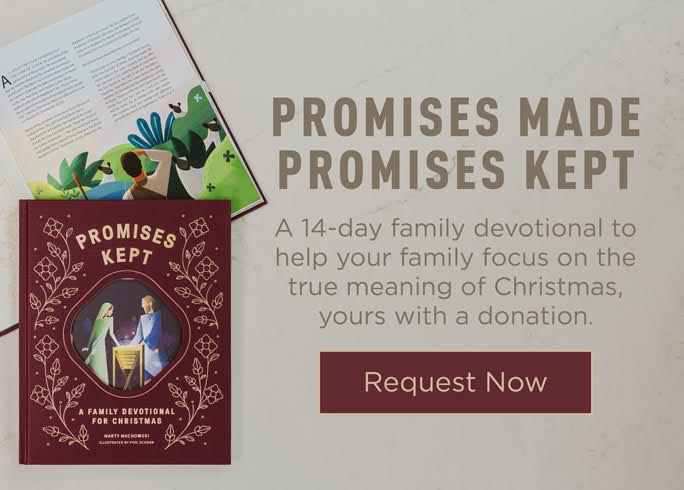
When Esther was taken to King Ahasuerus, into his royal palace … the king loved Esther more than all the women, and she won grace and favor in his sight more than all the virgins, so that he set the royal crown on her head and made her queen instead of Vashti.
Hadassah, the Jewish girl who became queen of Persia, is better known to us by her Persian name, Esther, which means “star.” She was an orphan, adopted by her cousin, and she was especially attractive (Esther 2:7). When the king held a beauty pageant in search of a new queen, Esther “was taken into the king’s palace and put in custody of Hegai, who had charge of the women” (v 8). Up to this point, she had concealed her Jewish nationality (v 10).
Hegai, the eunuch in charge of all the women, was especially pleased with Esther, quickly advancing her, and when it was her turn to go before the king, he coached her accordingly (Esther 2:9, 15). It worked out well, as she won first prize and was made queen. Esther was in a position to help her people—but there’s nothing to suggest that her goal was anything greater than wearing the crown.
This story has elements that are awkward and difficult. The average Jewish mother would not have been thrilled to find out that her Hadassah was sleeping with an uncircumcised pagan king. The average Jewish father would not have been thrilled to know that his Hadassah had gone undercover in Persia and refused to let anybody know about her kindred, background, or identity. She may be a heroine of this story, but she was a heroine “of questionable morality and orthodoxy.”[1]
It isn’t necessary, however, for us to approvingly reflect on the path Esther took. While we recognize that God was providentially in control of the drama that was taking place in her life, we don’t need to say that she made good decisions every step of the way. God in His providence granted Esther a little piece in the unfolding drama. But we are to look past Esther and her choices to the true hero of the story: God, who is committed to working out all things for the welfare of His people.
The events of Esther’s story were not as tidy as we might perhaps wish. Of course, that’s not an excuse to intentionally make decisions that aren’t pleasing to God. But it is a reason to be encouraged, because the events of God’s providence in our lives are not as tidy as we might wish either. Review your own life, and realize that although not all your decisions have been good ones, not all your plans have been selfless, God in His providence has brought you to this day. As you tell your story, be determined to tell of the true hero: God, who is the First and the Last and is working His purposes out in your life.
As a thank-you from us for your gift, we'll send along this month's resource: Promises Made Promises Kept by Marty Machowski
Click here to learn more about Truth For Life
Devotional material is taken from the Truth For Life daily devotional by Alistair Begg, published by The Good Book Company, thegoodbook.com. Used by Truth For Life with permission. Copyright © 2021, The Good Book Company.








